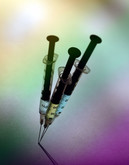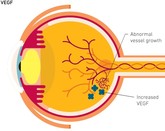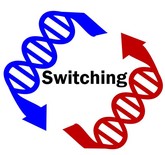Biosimilars/Research
|
Posted 08/10/2021
Biologicals are one of the interesting and effective treatment options which can save the lives of many patients, however, their high cost and restricted access for some patients remains a challenge. The emergence of biosimilars, with their similar efficacy and safety profiles, could be a solution for this hurdle. According to the European Medicines Agency (EMA) guidance entitled ‘Biosimilars in the EU – information guide for healthcare professionals’, a biosimilar is ‘a biological medicine highly similar to another biological medicine already approved in the EU’ [1]. Biosimilars are required to have the same standards of pharmaceutical quality, safety and efficacy as for originator biologicals in order to obtain marketing authorization. Although, according to the EMA guidance ‘approval of biosimilars builds on existing scientific knowledge on safety and efficacy of the reference medicine gained during its clinical use, so fewer clinical data are needed’ [2].






















